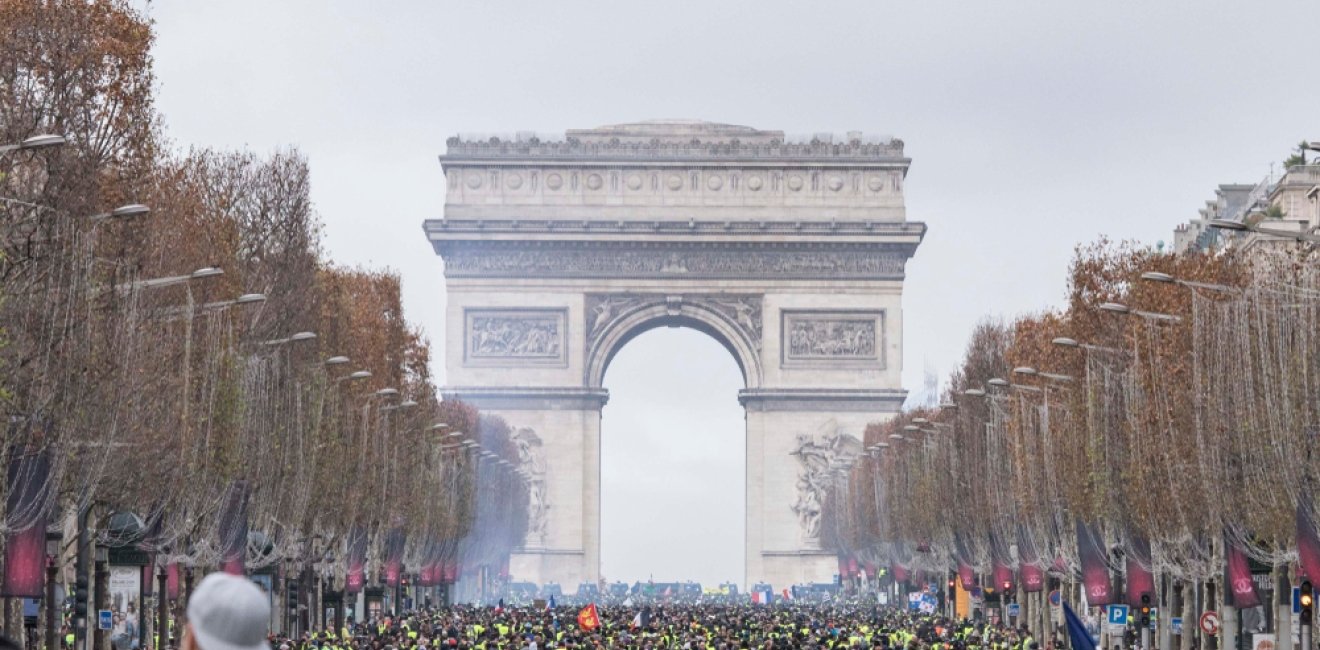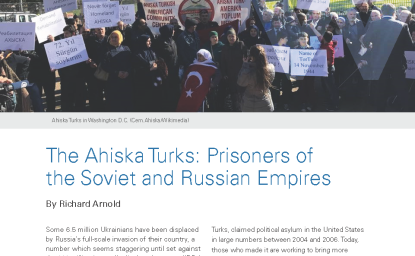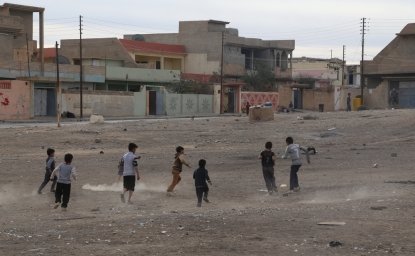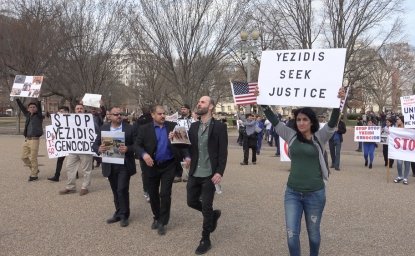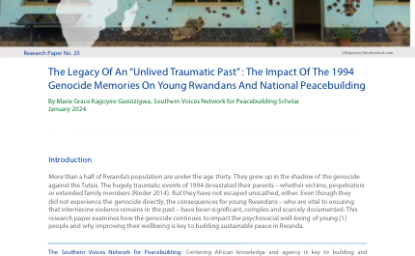What will be the long-term consequences for France following the death of Nahel M. and the riots that ensued? Will they lead to reforms to eradicate the root causes of violence? Almost certainly not. Will they affect the course of French politics? Very probably, yes. And not in a good way.
Nahel M.’s death, recorded on video camera, shocked France. This is not the first time a minority youth was killed by the police, but this time everyone could witness it. It was for France what the George Floyd murder was for America, so shocking that President Macron immediately called it inexplicable and inexcusable. Nahel became the personification of the oppressed and disenfranchised. Minority youth identified with him; it was as if they too had been attacked. At that moment, Nahel’s death might have served as the impetus for genuine introspection concerning racism, discrimination, and the persistence of police violence. Instead, exasperation quickly turned to rioting and rioting to looting. Social media made it possible for rioters to engage in coordinated action so widespread that it seemed almost like an insurrection. This violence immediately prompted a backlash: 93% of the French population condemned violence against buildings, 89% condemned violence against the police. Of those asked, 93% considered the death of Nahel a pretext for this violence.
Much of the destruction was aimed at buildings representing the State: police stations, city halls, and schools. Why schools? Because many minority youth see schools not as instruments of social mobility but as a means to contain them. How can schools integrate minorities and promote social mobility when they comprise only minority students?
French leaders often claim that unlike America, France contains no “ghettos,” but that is not true. The cités, vast isolated high-rise housing projects built after World War II, became highly segregated when white French moved out. Many immigrants who had come to work in France after World War II were stranded in the cités when France deindustrialized and unskilled factory jobs disappeared; their hopes for social mobility were even harder to attain. The cités became their own world. When right wing politicians talked about the rioters as “not really French”—or only nominally French—they reinforced the belief that this community was different, separate from French values and culture. But it is precisely the fact that they are living in isolated cités that explains why many don’t really feel part of the national community.
Macron initially blamed the police for the death of Nahel M. His stance infuriated them, however, and he quickly backtracked after the riots started. The police unions are strong and since May 1968, all governments in France depend on the police to defend the regime. Macron has already faced protests by the gilets jaunes, this year’s broad demonstrations against raising the age of retirement, and now this summer’s protests against racism and policing. It is unlikely he will criticize police conduct now.
Macron’s term ends in 2027 and he cannot run again. Who will succeed him? Much of the left, led by Jean-Luc Mélenchon, refused to call for calm after the riots began but instead doubled down, backing protestors’ grievances. The swing in public opinion against the protestors has undermined their parties’ appeal. Macron’s party is a personalist movement constructed around the President; already many of its major figures are seeing themselves as his rightful heirs and could split the centrist vote. The far right Rassemblement National, led by Marine Le Pen— secure in her reputation on restricting immigration—was able to show more statesmanlike restraint than Les Républicains, some of whom spouted radical rhetoric against minorities. At least 50% of the French population think Le Pen has gained support from this summer’s protests; she may well emerge as the leading candidate for President in 2027.
What would a Le Pen presidency mean for France, Europe and NATO? A chilling thought. In the meantime, the riots have damaged Macron’s support. His reputation as a European leader and his calls for strategic autonomy for Europe may well suffer as a result.
Author

Author "Jews, Muslims, and the French Republic" (Cambria: 2023)

Global Europe Program
The Global Europe Program is focused on Europe’s capabilities, and how it engages on critical global issues. We investigate European approaches to critical global issues. We examine Europe’s relations with Russia and Eurasia, China and the Indo-Pacific, the Middle East and Africa. Our initiatives include “Ukraine in Europe”—an examination of what it will take to make Ukraine’s European future a reality. But we also examine the role of NATO, the European Union and the OSCE, Europe’s energy security, transatlantic trade disputes, and challenges to democracy. The Global Europe Program’s staff, scholars-in-residence, and Global Fellows participate in seminars, policy study groups, and international conferences to provide analytical recommendations to policy makers and the media. Read more

